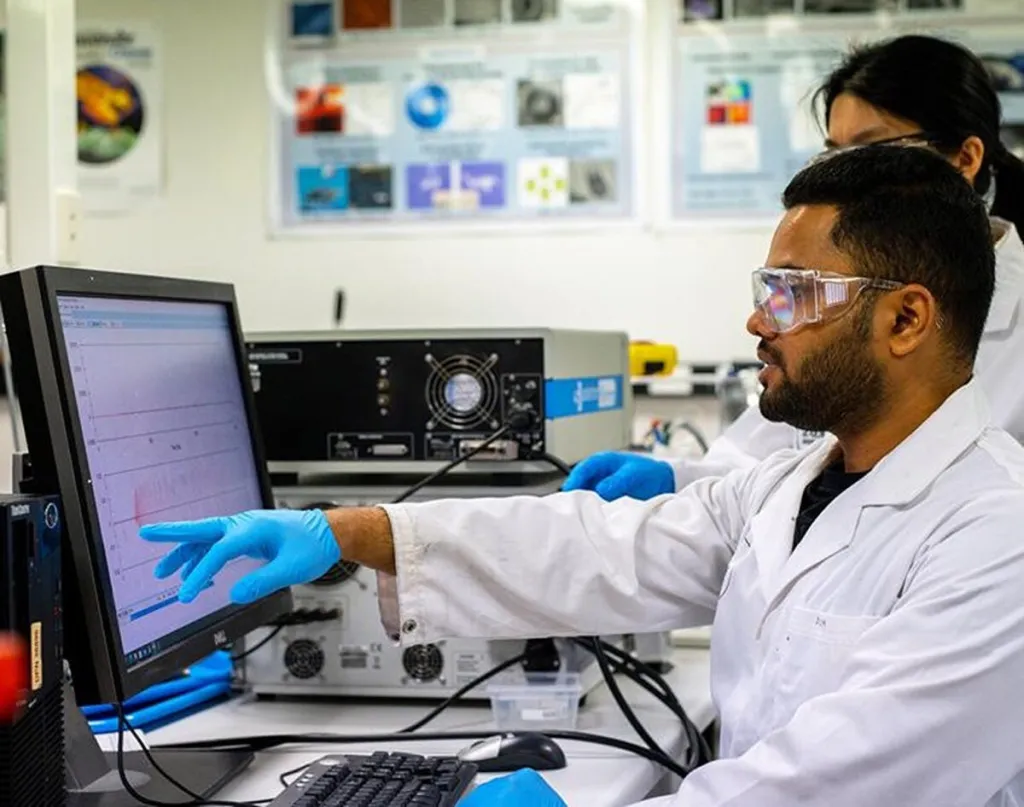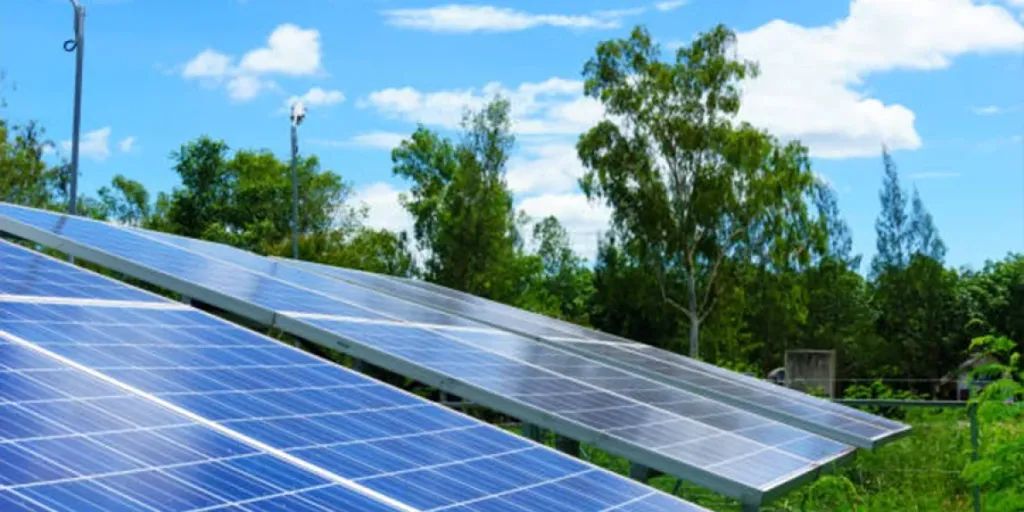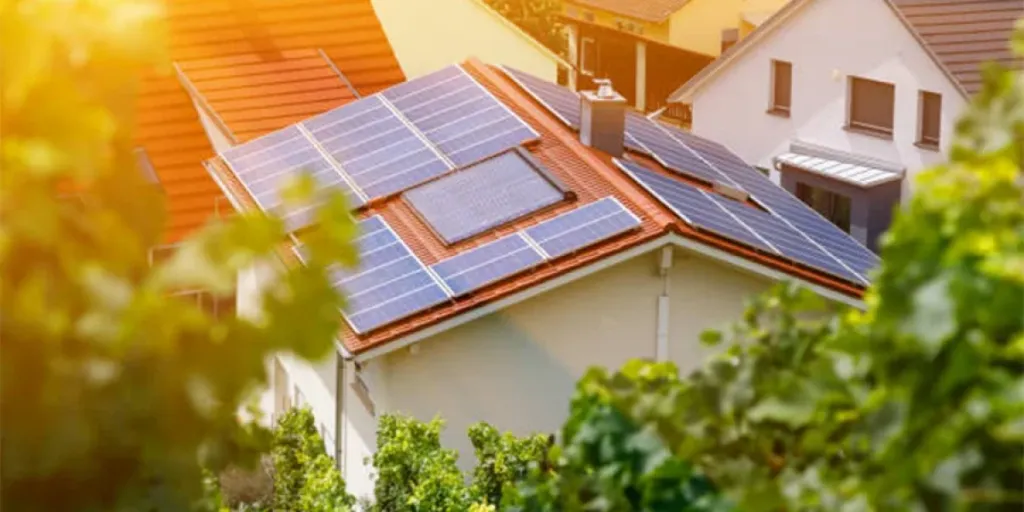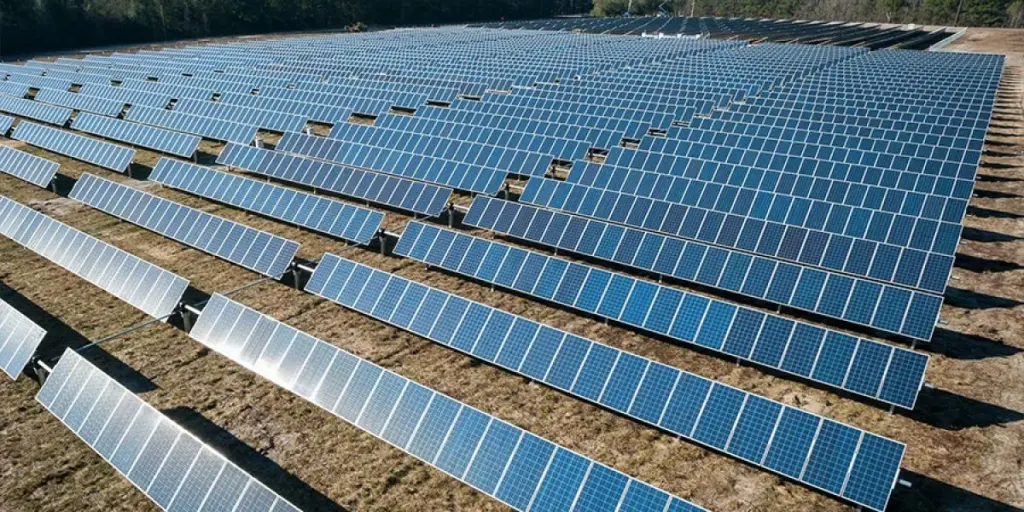Australian battery company Li-S Energy claims to have taken a significant step toward proving the safety of its semi-solid-state lithium-sulfur batteries, with the third-generation technology successfully passing a series of nail penetration tests.

Brisbane-based Li-S Energy has announced that its GEN3 semi-solid-state lithium sulfur (Li-S) battery cells have successfully passed a series of nail penetration tests, with the results exceeding performance standards laid out by the company’s aerospace partners.
Li-S said it had conducted a program of nail penetration tests on multi-layer semi-solid-state 2.5 Ah lithium-sulfur cells built at its production facility at Geelong, Victoria.
The company said 28 cells were tested with the results exceeding both the civilian and United States military performance standards.
Nail penetration tests involve penetrating the battery cell with a steel nail under precise conditions in a blast-proof test chamber.
Li-S Chief Executive Officer Lee Finniear said the purpose of the test is to determine what happens to a battery cell if it is damaged.
“Amid growing public concern about the safety of lithium-ion batteries and battery fires, delivering a safe battery is vitally important,” he said. “In our target markets of drones, electric aircraft and defence, a battery fire could be catastrophic, and these results show our partners that Li-S Energy battery cells are safe when penetrated and continue to work even after being damaged.”
Li-S said nail penetration is one of a suite of safety tests that are scheduled to be undertaken as its Phase 3 production facility comes online, and these early results from the smaller Phase 2, 2.5 Ah cells illustrate one of the key safety benefits of its technology.
Lithium-sulfur batteries offer an alternative to lithium-ion batteries for energy uses, including electric vehicles and stationary energy storage. However, Li-S has indicated its initial focus will be on using them in drones.
This content is protected by copyright and may not be reused. If you want to cooperate with us and would like to reuse some of our content, please contact: editors@pv-magazine.com.
Source from pv magazine
Disclaimer: The information set forth above is provided by pv-magazine.com independently of Chovm.com. Chovm.com makes no representation and warranties as to the quality and reliability of the seller and products.



